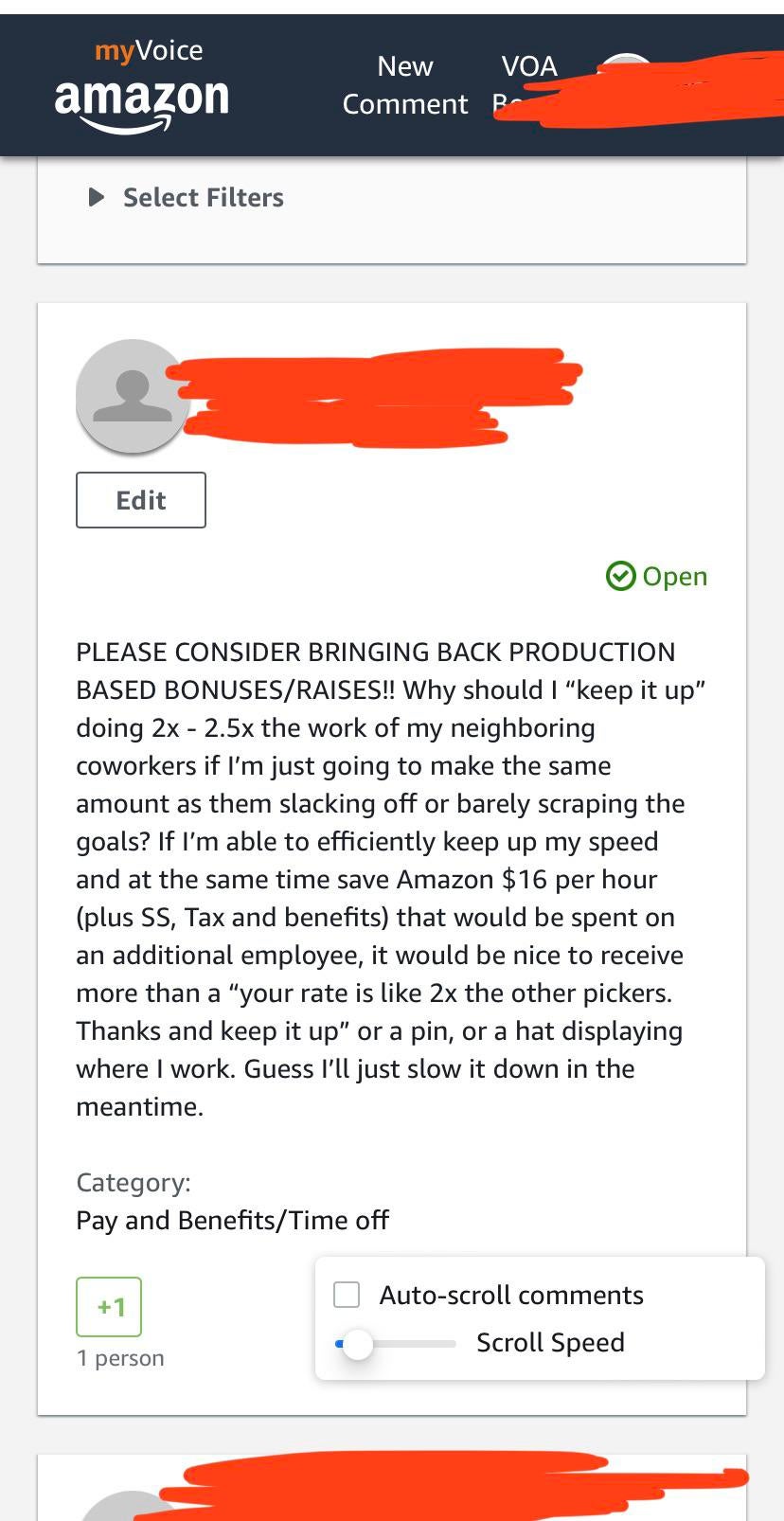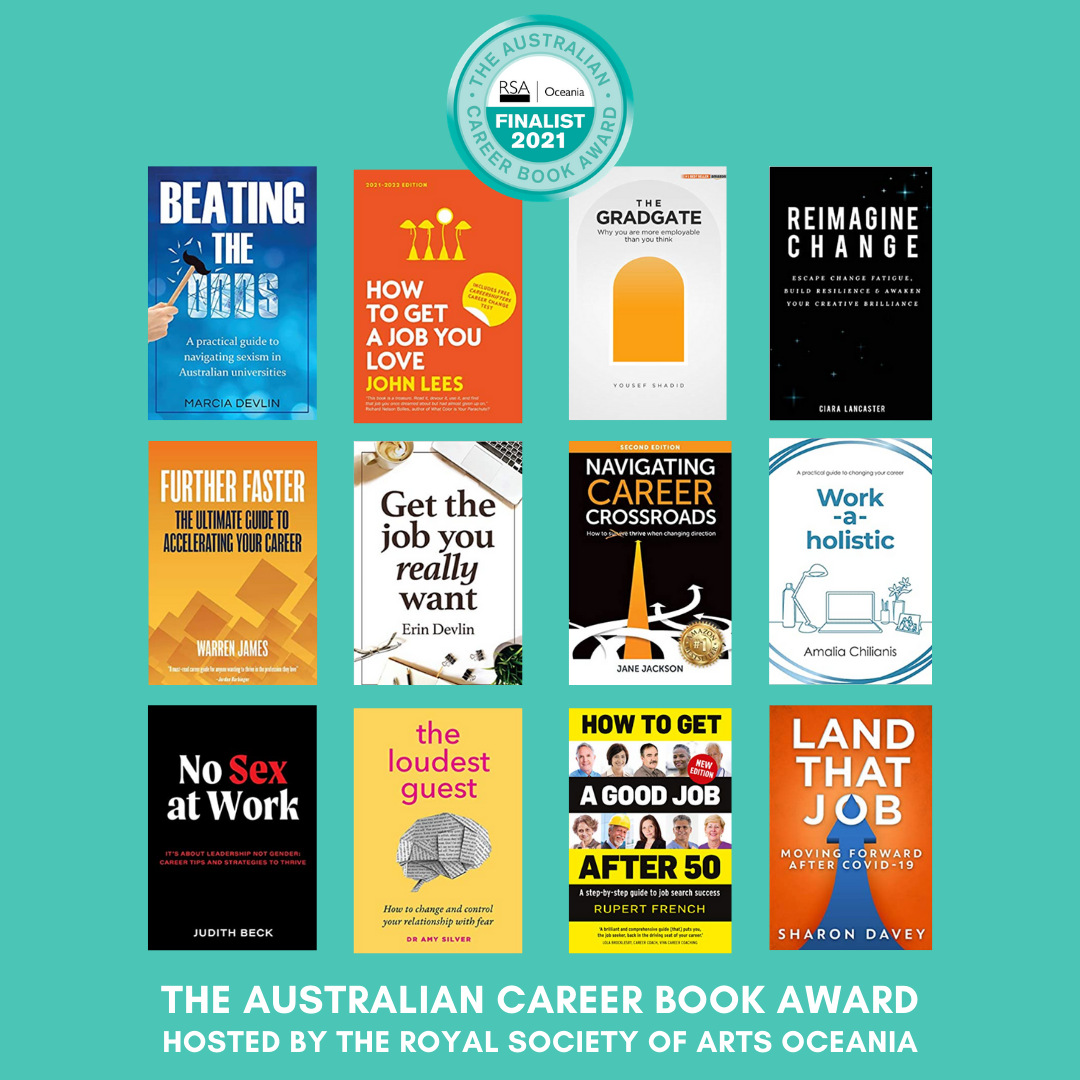
You might be asked questions regarding your professional interests and family background during a job interview. It is important to adapt your responses to the career that you're applying. You can also focus on the duties of your job. These are common career questions and some tips on how to prepare.
Answers to most common career questions
Answering common career questions can help applicants land the job they want. Your answers should reflect your passion for the company and highlight what you have to offer. It's also important to mention any relevant training or other qualifications you have obtained, as well as any leadership or management skills you may have developed. It's also a good idea to briefly describe the company where you are applying.
When they hire a new employee, a company makes a significant financial and time commitment. They want to be sure they are hiring the right person to fill their position. Although the best answers to these questions tend to be general, it's important that you consider the company's goals.

Legality of asking about the family status
There are many legal pitfalls to avoid when asking a candidate about their family status in a career-related question. First, it could be considered racial prejudice. While it may not be illegal in most cases, it is always best to seek legal advice before using questions about race, religion, or family status.
It is dependent on the nature of your question whether you ask about family status when asking about career questions. It is legal to ask about a candidate's marital status or children. However, this question is not appropriate for job interviews. Employers might ask about someone's family in order to verify that they are qualified for the job. A recruiter is not allowed to ask about the marital status of a person, their children or maiden names.
Typical interview questions
Common interview questions are asked during interviews for jobs. The interviewer will be interested in your previous work experiences and how well you have handled stressful situations. Interviewers want to see how you can learn from your mistakes, and move on. Here are some questions to expect in your interview: What type are you?
Interviewers are looking to see if you are a good match for the job. They're looking to see how well you can work within the company's culture and solve problems. Make sure to break down difficult work situations into manageable parts and provide specific examples of how you fixed the problem. It is also a good idea to include measurable metrics.

Here are some ways to prepare for an interview
Research the company and the position before the interview. Examine the website, social media pages, as well as past projects. This information can be used to help you formulate intelligent questions. After you have an in-depth understanding of the company, the job and the role, you can make a list and brainstorm ways to relate these questions to your own experience and skills.
Answer questions using personal stories and examples. Maintain good body language throughout the interview. Make eye contact, smile often, and speak clearly. Do not call the interviewer "sir", "miss," or "miss." Use the interviewer's first initial name. When the interviewer enters the hall, do not stand. Only stand if you're being introduced.